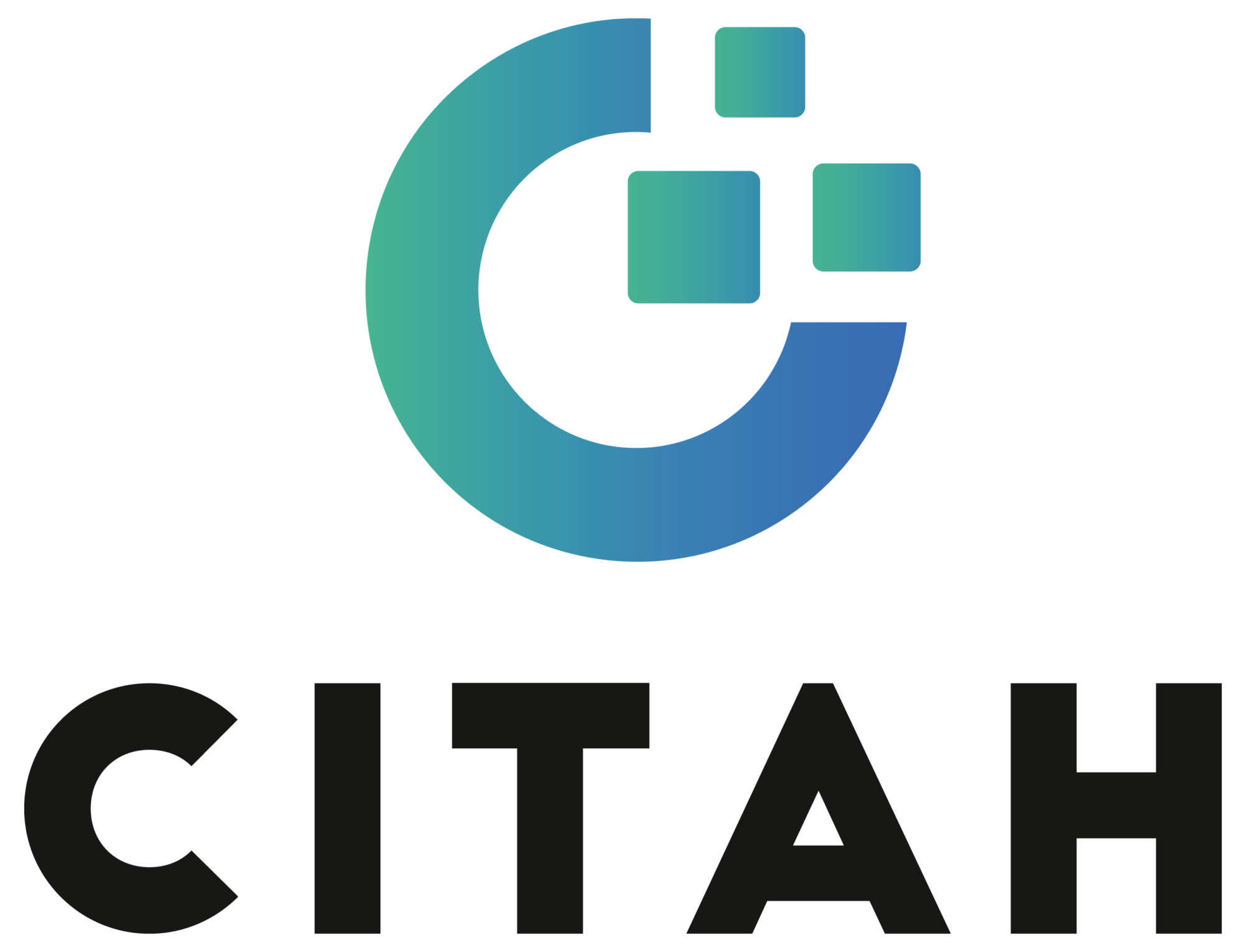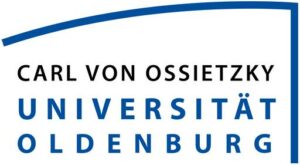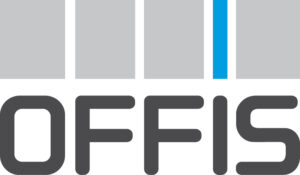
As an affiliated institute of the University of Oldenburg, the OFFIS Institute for Information Technology researches new forms of computer-based information processing and translates the results into application-oriented developments. For more than 20 years, the OFFIS R&D Division Health has been working on the use and integration of IT systems in healthcare and, since 2005, on the development of assistance systems based on sensor technology and machine learning methods and exploratory data analysis. OFFIS coordinates the project and can draw on many years of experience in the coordination of national and EU projects.

The German Research Center for Artificial Intelligence is Germany’s leading business-oriented research institution in the field of innovative artificial intelligence software technologies. Twenty research areas, nine competence centers and eight living labs develop product functions, prototypes and patentable solutions in the field of information and communication technology, starting from application-oriented basic research. The Smart Enterprise Engineering (SEE) research area, headed by Prof. Dr. Oliver Thomas, explores digital business models for the enterprise of the future. The group has been working on this for years in national and international projects based on the cross-innovation principle. One example is the CIO training program IMUCON, which addresses the ongoing traning of IT decision-makers in all industries. Supraregional networking was driven forward in 2017 with the founding of the Lower Saxony Innovation Alliance SmartHybrid, in which Prof. Thomas acts as initiator and spokesperson. The establishment of the Digital Innovation Hub as well as the Cross-Innovation Forum, which will be set up in the historic Coppenrath Innovation Center, is the declared founding goal of the DFKI Laboratory Lower Saxony and leads directly into the development of CITAH. Through its work, DFKI contributes the vertical innovation mechanics of the hub as well as cross-industry transfer functions and positions itself in an advisory capacity.
University of Oldenburg: The Division of Assistance Systems and Medical Device Technology (AMT) in the Department of Health Services Research at the University of Oldenburg has many years of experience in the development of sensor-based and robotic systems to support doctors, caregivers and the elderly. In the Future Lab Health, the focus is on the core topics of data analysis and exchange, sensor technology in near-patient environments, and education, training and continuing education on digitization. However, the department also represents a link to multidisciplinary health care research. With approaches of integrative research, i.e. the close interweaving of technical development with methods for early ethical, social and legal evaluation, development risks can be reduced in “digitization-foreign” sectors such as care.

University of Osnabrück: The research of the Knowledge-Based Systems (KBS) group at the University of Osnabrück, Institute of Computer Science, focuses on methods and algorithms for controlling embedded agents to acquire, reason about, and maintain symbolic knowledge about the world for goal-directed and result-oriented behavior in the current context. This is done through online and on-board computation of the agents. The resulting control systems are called Embedded Knowledge-Based Systems. Autonomous robots are typical agents considered in the research group, but pure software agents are also of interest. At least a part of the respective knowledge must be symbolic in order to be verifiable and communicable. In environment sensing, the focus is on 3D sensor data such as point clouds, and on methods and algorithms for efficient handling and semantic interpretation. The working group transfers these methods and techniques into applications, especially in the field of digitalization of agriculture and agricultural robotics.
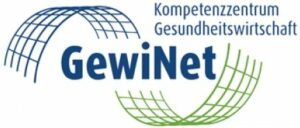
The GewiNet Competence Center Health Care Industry is an association with members from all sectors of the health care industry in the Osnabrück region: companies, clinics, doctors, health insurance companies, universities and municipalities are among the approximately 100 members of GewiNet. The task and goal of GewiNet is to build up a regional network in order to create contact opportunities and to make optimal use of synergy effects in the industry. GewiNet works closely with its partners, particularly in the areas of telemedicine/e-health, nursing, occupational health management (OHM), medical care security and quality of care, and palliative care. As a non-profit organization, the association has experience in the position as a competition-neutral, organizing and moderating interface, especially from its so-called OHM network for large companies, the implementation of OHM and care fairs, as well as a regularly held palliative care training.

The Agrotech Valley Forum (AVF) has existed since 2019 as a community of research and teaching institutions, regional authorities and companies from the agricultural and food industry (e.g. Amazonenwerke, CLAAS, Grimme, Krone). The forum focuses on innovations in agricultural technology and their efficient integration into future digital value chains. The fields of activity of Agrotech Valley lie in the mediation of interests and establishment of cooperations between industry specialists and scientists as well as in the initiation, alignment and monitoring of research and development projects. For this purpose, links are systematically established between companies in the agricultural technology sector, but also in research. In addition, the AVF maintains cooperations with national and international expert groups and interest groups from the fields of agriculture and the food industry in order to transfer innovative technologies and their applications at an early stage to the interface between agricultural technology and applicable industries.
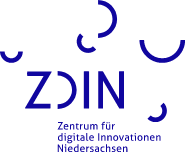
CITAH builds on the successful work of the Center for Digital Innovations Lower Saxony (ZDIN) and extends the services offered by the ZDIN Future Laboratories Health and Agriculture.

CITAH is co-funded by the European Union (Grant No. 101082978).
